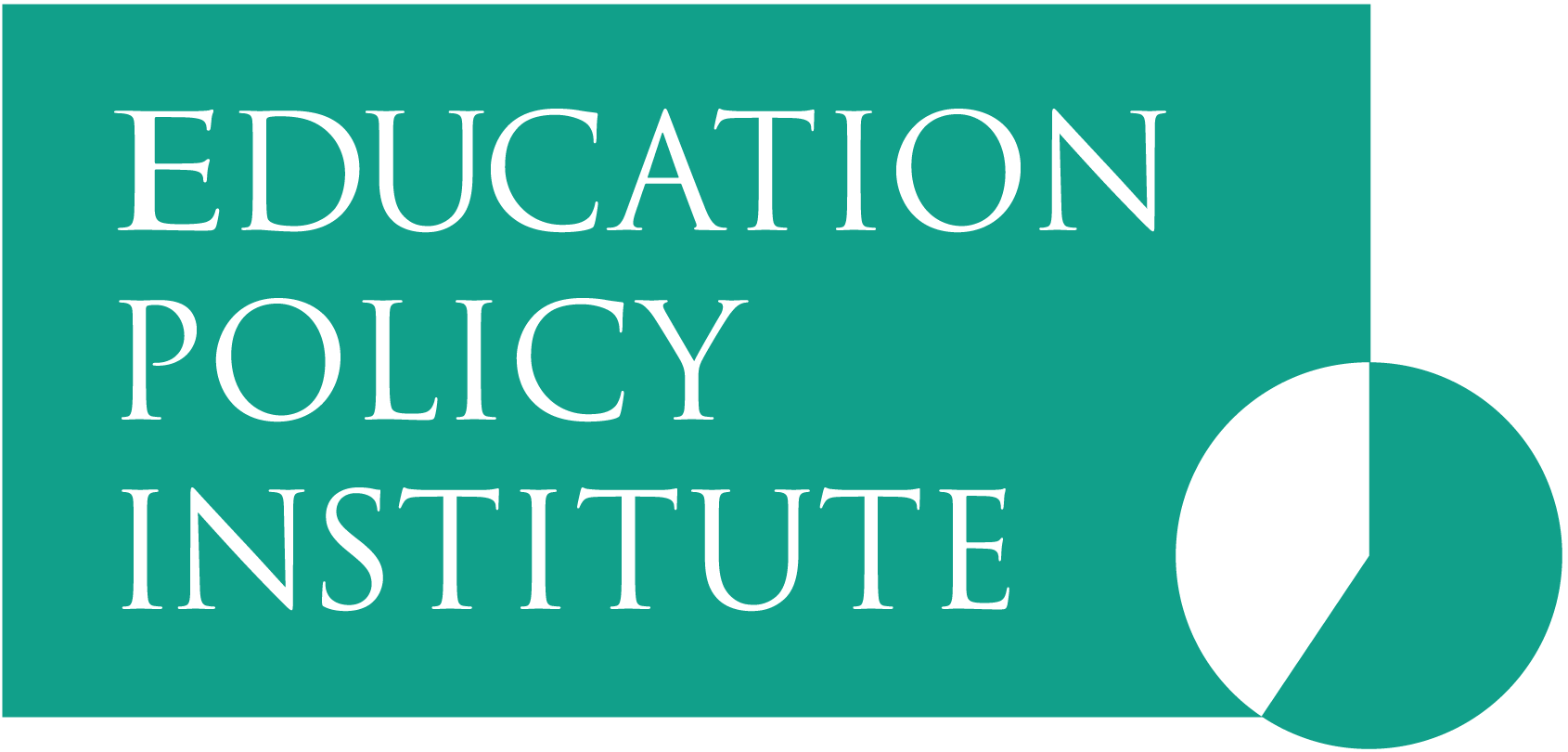At this year’s Conservative Party Conference, the Education Policy Institute has partnered with Cambridge University Press & Assessment to hold a public panel on: ‘Curriculum reform: how can we build on the successes of previous governments?’
As the Independent Curriculum & Assessment Review prepares its final report, it is important to consider the critical period of 11-16, a time of significant learning and development when pupils are required to make decisions that will impact the rest of their lives.
OCR’s Striking the Balance report sheds light on some of the challenges in KS4 and 5, finding an over-reliance on assessment at the end of the GCSE period and an outdated and over-full curriculum. The Review’s interim report, making reference to Striking the Balance, promises to consider carefully whether there are opportunities to reduce the overall volume of assessment at key stage 4 without compromising the reliability of results and the trust that stakeholders have in these qualifications and notes that while there is strong evidence that securing mastery in a subject is vital for raising standards and enabling future expertise, the balance between breadth and depth of content in the current curriculum appears to be inhibiting this.
It also pledges to pursue an ‘evolution, not revolution’ approach, recognising the current capacity of schools and colleges and the fact that many aspects of the current system are working well. Over the last decade, successive Conservative governments have delivered wide-ranging education reforms including the introduction of the English Baccalaureate and prioritised knowledge-rich curricula and a drive to raise standards for all. So how can we build on these successes? And what is needed from the Review’s final report to support aspirations and drive up standards in 11-16 education?
This timely panel will bring together politicians, school leaders and other education stakeholders to consider these questions. Panellists will discuss what an ‘evolution not revolution’ approach means in practice; where across the curriculum priorities should lie, building on those identified by the interim report and what novel examination approaches can offer a system that has typically relied on end-point assessment at age 16.
Speakers will be updated in due course.
** Note: This event will take place in the conference secure zone. To access the secure zone you will need to obtain a pass directly from the Conservative Party.**








